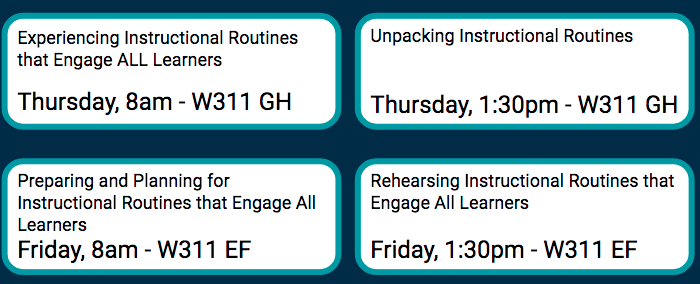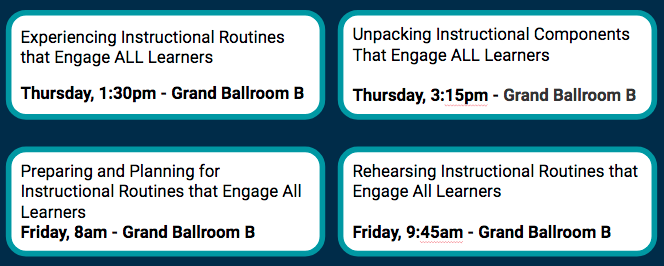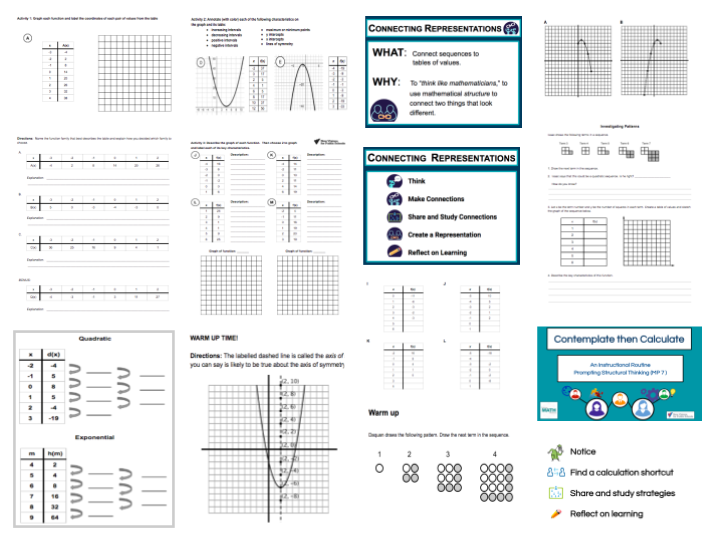There’s a list being shared of ten things that will disrupt US education and I agree with Dan Willingham.
My bold prediction: none of these 10 will disrupt education. None. https://t.co/pUAtmUOK7E
— Daniel Willingham (@DTWillingham) October 16, 2017
In no particular order, here are ten things that might actually disrupt US education.
Teachers being afforded respect as a profession by policymakers and others
You do not enact law like No Child Left Behind if you fundamentally believe that teaching is a profession. You know who primarily regulates lawyers, engineers, and doctors – that’s right, in many countries they do that themselves.
Teachers, especially elementary school teachers, having adequate time to plan
In some states elementary school teachers teach all subject areas and have a total of 45 minutes to plan AND are paid so little that many of them need second jobs.
Provide curated resources to teachers
Although increased planning time may reduce this tendency, designing ambitious curriculum is difficult and extremely time-consuming, so most teachers would benefit from curated resources that they can modify and adapt using their professional judgement. Surprisingly, many teachers have to use Pinterest and/or Google to find resources for their classroom because of a lack of curriculum resources aligned to their new state standards.
Paying teachers enough that they do not need second jobs and can afford to live in the communities that they work in
One way to make getting into teaching competitive would be to pay people enough that it makes teaching an attractive choice. It would also mean fewer people leaving the profession to find more lucrative careers and leaving vacancies, especially in harder to fill content areas.
Policies intended to improve teaching not teachers
As Jim Stigler and notes in the Teaching Gap, much of US policy is engineered at supporting individual teachers at getting better and that as soon as these teachers retire or quit, their professional knowledge leaves with them and the profession of teaching in the US remains relatively unchanged. It’s a good thing for individual teachers to get better at their practice, it is better that the professional benefits from what they learn.
Equitable funding across US schools
In some school districts, schools spend $9000 per student while a few miles away in a suburban district, schools spend $26,000 a student. While this inequity exists, resources are unevenly distributed across US education and in most cases the students who need the most support to be successful receive the least amount of funding.
Equitable access to teachers across US schools
In almost all large urban areas, it pays better to work in the suburbs than it does to work in the city. This results in teachers leaving the cities for high paying, lower stress jobs outside of the cities and in uneven amounts of teacher experience across the schools in the city.
Design school structures which are coherent and communicate across all levels of education
Imagine a system where the person who teaches teachers never sets foot in a school, the person who runs a school has no time to read research or even see their teachers teach, the person who runs research has never taught, the instructional coach who supports a teacher has their own idiosyncratic teaching style, and a teacher who has to listen to all of these people give them different advice on teaching. This is considered normal for teachers across the United States. But it does not have to be that way! It is possible to design systems where all of these people work collectively rather than individually.
End economic inequality in the United States
Income inequality in the United States is increasing and given that we know already that there exists a relationship between income and educational achievement, any shift toward more economically equitable society is likely to result in improvements in education for most students.
The end of systematic oppression of people of colour
The United States has a long dark history of oppressing people of color in various ways. One way this occurs in the US school system is that the schools attended by children of color are much more likely to be closed and/or labelled as failing than other schools. Ending this systematic oppression would transform the United States educational landscape.


